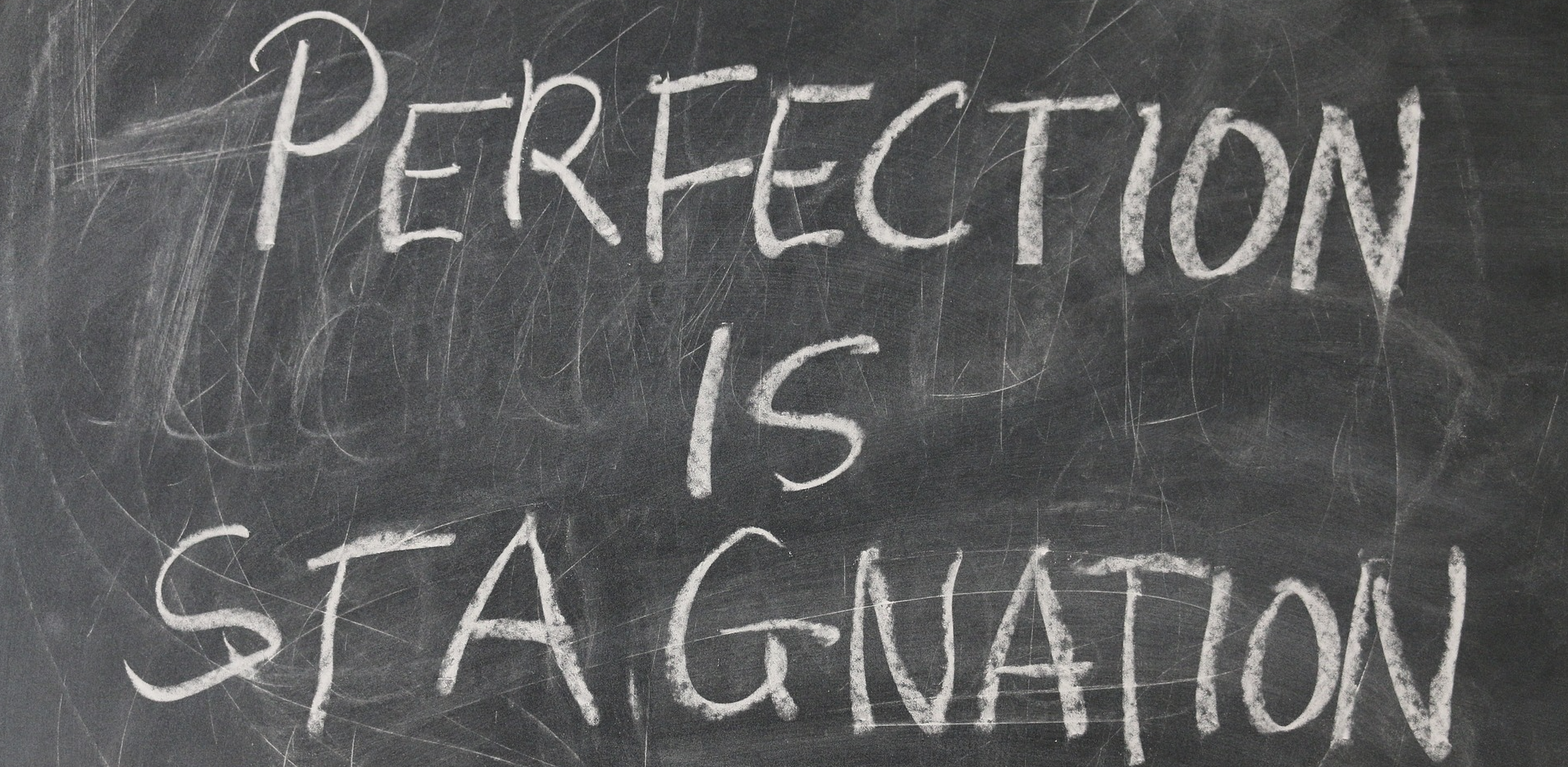the fairness doctrine: an overview
first off, i’d like to mention that wikipedia finally got me. i’ve used it for years and years and it’s extremely useful. tonight, while looking up the fairness doctrine, i finally donated. if you use wikipedia as much as i do, maybe it’s time to help keep its lights on.
onward and upward! let’s talk about the FAIRNESS DOCTRINE. why? because in this age of one-sided news that our feeds serve us, it’s important to look back at what information people USED to get from all networks that called themselves news and how it contributed to a well-informed (for those who watched) society.

introduced in 1949, this was a policy in the FCC that:
- required broadcast news to give airtime to controversial matters of public interest
- air contrasting views regarding those matters.
they could do this with news segments, public affairs shows, or editorials. there was no time limit for each, but it just required that the viewpoints be presented. since there were few TV stations and it had a pretty much captive audience, this made sure that citizens were exposed to a variety of viewpoints.
the fairness doctrine was abolished in 1987. why? the FCC said that because there were many media voices in the market and the doctrine be deemed unconstitutional, saying it restricted the journalistic freedom of broadcasters and inhibits the presentation of controversial issues.
and because the print press didn’t have such restrictions on them, that the broadcast press shouldn’t as well. though, if you’re a good journalist, you would present facts objectively and keep your opinions on the opinion page. (seriously, people have issues discerning the opinion page from the news.) Congress tried to keep the doctrine, but it was vetoed by reagan and then threatened by another veto by george HW bush.
in 2005, this was revived for a bit, but stagnated in committee work, and has been in and out of discussions, mostly by democrats, over the past 15 years or so. “I think the public discussion was at a higher level and more intelligent in those days than it has become since,” opined jeff bingaman, a dem from new mexico.
the fairness doctrine is pretty staunchly opposed by conservatives and libertarians with the idea that it’s an attack on the first amendment and property rights. because the FD was in place during a time when network channels were limited, the points that support it – media scarcity, liberal viewpoints being censored at a corporate level, and public interest – are myths.
meanwhile, the FD had actually been in the FCC rulebook for a while, and in 2011, it was finally removed.
in fairness, i present to you reasons that i found saying that the FD is anything but fair: scarcity (again) is no longer a thing for cable/network TV (though one could say one needs to PAY for the increased number of opinions – it’s also important to note that the FCC only has regulation authority over over-the-air channels. it’s got nothing to do with cable channels.); fairness cannot be determined by FCC bureaucrats and gives them too much power; and arbitrary enforcement will diminish vigorous debate.
this last one is interesting. it argues that because of the threat of FCC retaliation, broadcasters would choose not to air opinions to avoid airing opposing perspectives. it would reduce the discussion of controversial issues of public importance. sort of a self-censorship. then the author of this article gives the old “don’t like it? turn the dial.”
but we don’t turn the dial to hear an opposing or different view.
******
i’m torn on this one. on my one hand, i support the first amendment and its freedoms. on my other, the echo chambers that we place ourselves in on our social feeds, the tv programs and “news*” channels we watch, the radio shows we listen to – in general, they offer very little, if any, time for opposing viewpoints. one could argue that we are so polarized as a country now because no one is introduced to new or different ideas on a daily basis.
being presented with new and diverse information and viewpoints helps our critical brains make decisions and to help sort out choices. by only viewing one side, there’s no real growth or understanding. how do we grow as people if we don’t see diverse opinions and life experiences? and if there is so much disdain for mainstream media “bias” on the conservative side, don’t you think the FD might help with that?

for all the flack i hear about MPR being a left-leaning radio station (some of the programs on NPR are), my experience with the mpr news team has been well balanced. they give equal time to D and R candidates. they make them answer the actual questions (gary eichten actually called out amy k on that once), and they ask both sides hard questions.
i don’t know what the answer is. sure, reenact the FD, but that does nothing for the places we’re spending our real time these days: our social feeds and infinite scrolls. if the facebook and twitter servers blew up one night and they went blank, i’d welcome that.
*cable news channels like CNN and fox news aren’t accredited as news by any official regulatory body. the FCC has no power as far as presenting false information on cable news channels (only over-the-air channels). so take anything cable “news” channels say with a grain of salt. its “facts” are not necessarily facts.
sources:
https://www.heritage.org/government-regulation/report/why-the-fairness-doctrine-anything-fair
https://en.wikipedia.org/wiki/FCC_fairness_doctrine#:~:text=The%20fairness%20doctrine%20of%20the,honest%2C%20equitable%2C%20and%20balanced
https://www.snopes.com/fact-check/fox-news-entertainment-switch/